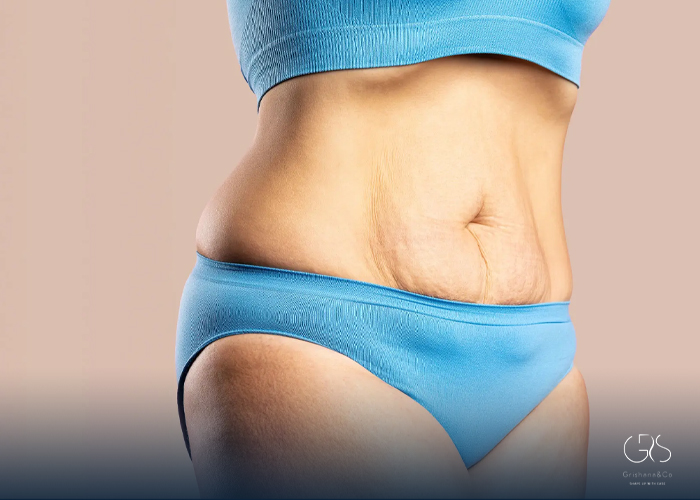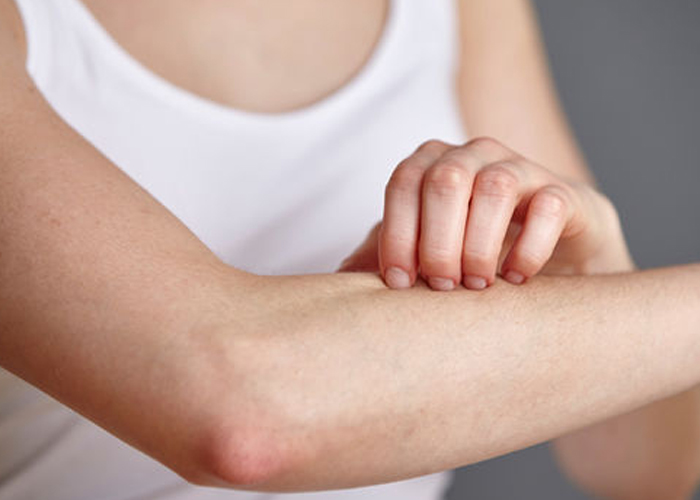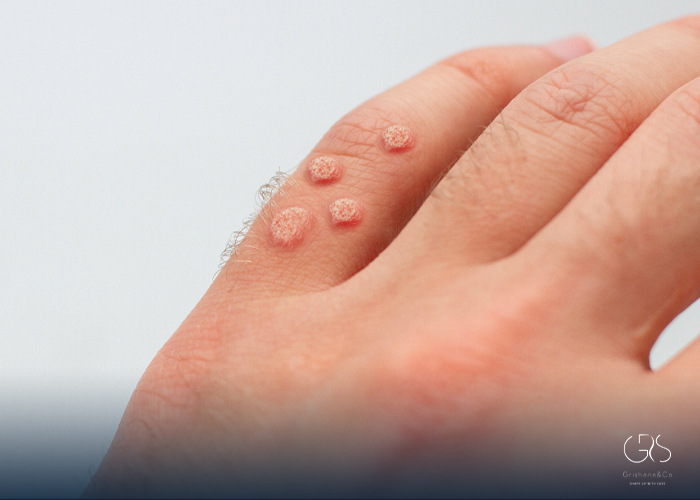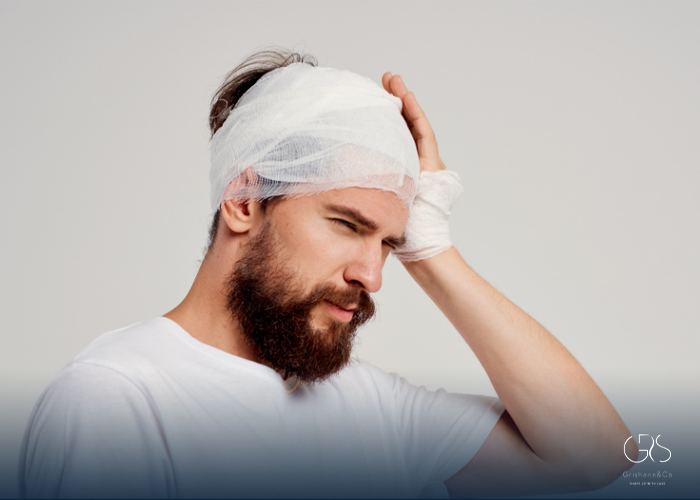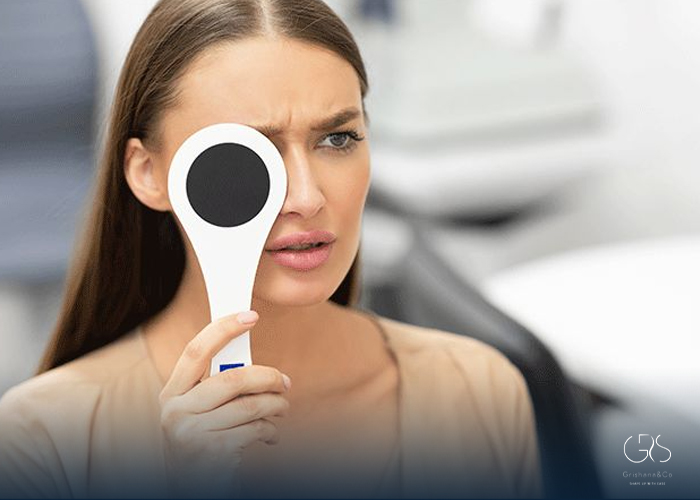Pubic hair itchiness can be an uncomfortable and distressing issue for many individuals. It can be caused by a variety of factors, including poor hygiene, skin conditions, or infections. Understanding the causes and treatments of itchy pubic hair is crucial in order to alleviate discomfort and prevent further complications. In this article, we will explore the potential causes of itchy pubic hair and discuss the various treatment options available, as well as prevention strategies and when to seek medical attention.
Causes and Treatments of Itchy Pubic Hair
Razor Burn and Treatment
Razor burn is a common cause of pubic hair itchiness, often resulting from shaving the pubic area. The irritation and itching associated with razor burn can be alleviated by using a soothing lotion or cream containing aloe vera or hydrocortisone. It is also essential to ensure proper shaving techniques, such as using a sharp razor and shaving in the direction of hair growth to prevent razor burn.

Contact Dermatitis and Treatment
Contact dermatitis, which can be caused by allergens or irritants coming into contact with the skin, can result in itchy pubic hair. Avoiding potential triggers and using gentle, hypoallergenic skincare products can help manage contact dermatitis. In severe cases, a healthcare provider may prescribe topical corticosteroids to reduce inflammation and itching.
Intertrigo and Treatment
Intertrigo is a common inflammatory condition that can occur in moist, warm areas of the body, including the pubic region. Keeping the area clean and dry, using absorbent powders, and wearing breathable clothing can aid in the prevention and treatment of intertrigo-related itchiness.
Folliculitis and Treatment
Folliculitis, characterized by inflamed hair follicles, can lead to itchy, red bumps in the pubic area. Treatment often involves warm compresses and topical antibacterial or antifungal creams to alleviate symptoms and resolve the infection.
Jock Itch and Treatment
Jock itch, a fungal infection caused by dermatophytes, can result in intense itching and discomfort in the groin and pubic area. Over-the-counter antifungal creams or powders containing clotrimazole or miconazole are typically effective in treating jock itch.
Yeast Infection (Candidiasis) and Treatment
Yeast infections in the pubic region, commonly caused by Candida albicans, can lead to itching, redness, and irritation. Antifungal medications, such as oral fluconazole or topical creams, are often prescribed to address yeast infections.
Pubic Lice (Crabs) and Treatment
Pubic lice infestations can result in severe itchiness and visible lice or eggs in the pubic hair. Treatment involves using over-the-counter or prescription-strength medicated shampoos or lotions specifically designed to eliminate pubic lice and their eggs.
Psoriasis and Treatment
Psoriasis, a chronic skin condition characterized by red, scaly patches, can affect the pubic area and cause itching. Treatment may involve topical steroids, tar-based products, or prescription medications to manage psoriasis symptoms.
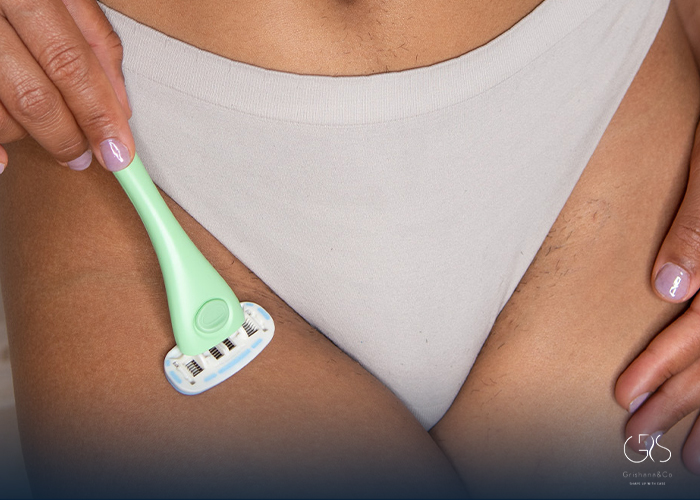
Scabies and Treatment
Scabies, caused by the Sarcoptes scabiei mite, can lead to intense itching and a pimple-like rash in the pubic region. Prescription scabicidal medications, such as permethrin or ivermectin, are typically used to eliminate the mites and alleviate itching.
When To See a Healthcare Provider
It is important to seek medical attention if pubic hair itchiness is persistent, severe, or accompanied by other concerning symptoms, such as discharge, foul odor, or fever. Additionally, if over-the-counter treatments do not provide relief or if the itching is impacting daily life, consulting a healthcare provider is advisable.
How Is Itchy Pubic Hair Diagnosed?
Healthcare providers may diagnose the underlying cause of itchy pubic hair through a physical examination, evaluation of medical history, and, if necessary, specific tests or cultures to identify potential infections or skin conditions. Seeking professional medical guidance is crucial in accurately diagnosing and addressing the root cause of pubic hair itchiness.
How To Prevent Itchy Pubic Hair
Preventive measures can help reduce the risk of experiencing itchy pubic hair. These may include: practicing proper hygiene, using gentle skincare products, avoiding tight clothing that can create friction, maintaining a healthy diet, staying hydrated, and using appropriate shaving techniques to minimize irritation.
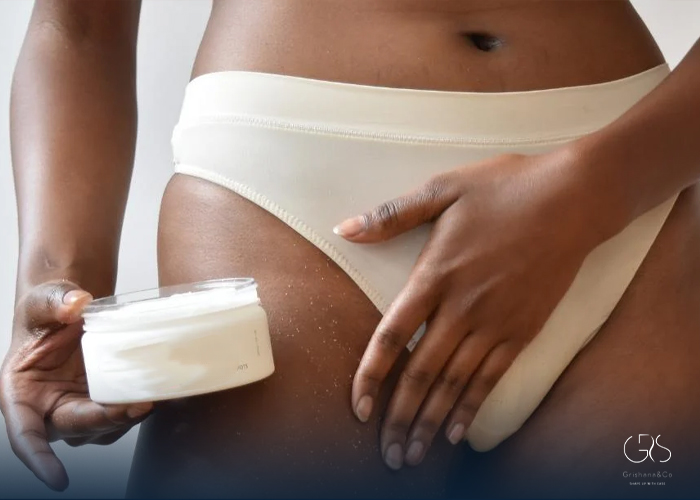
Conclusion:
Understanding the causes and treatments of itchy pubic hair is essential for managing discomfort and promoting overall wellbeing. By incorporating preventive strategies and seeking medical advice when needed, individuals can address pubic hair itchiness effectively and maintain optimal skin health.
Sources
- National Eczema Association, Contact Dermatitis
- American Academy of Dermatology Association, ACNE-LIKE BREAKOUTS COULD BE FOLLICULITIS


